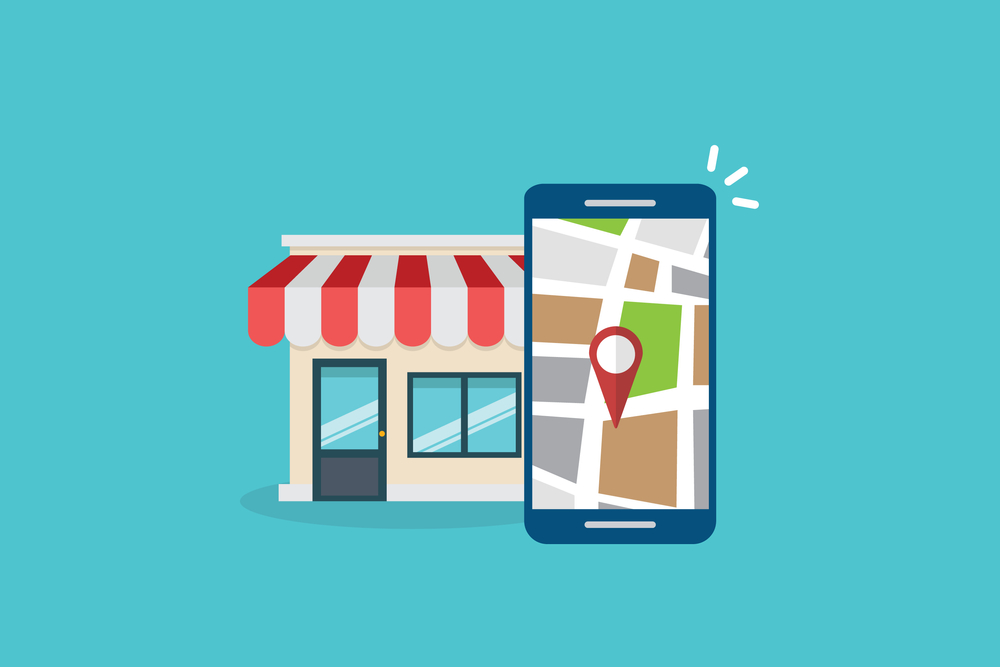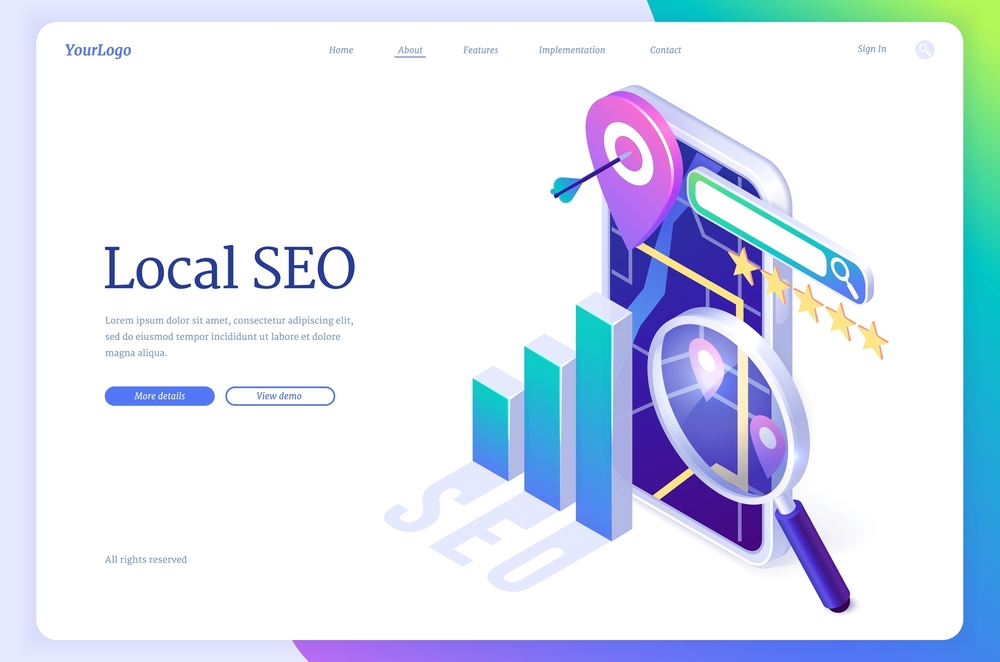Effective Local SEO Strategies to Increase Local Traffic
Local SEO (Search Engine Optimization) is vital for businesses looking to attract customers in their local area. By optimizing your online presence for local searches, you can increase your visibility, drive more traffic to your website, and ultimately grow your business. This guide will cover effective local SEO strategies to help you increase local traffic and improve your online presence.
Why Local SEO is Important
Local SEO focuses on optimizing your online presence to attract more business from relevant local searches. These searches occur on search engines like Google, Bing, and various online directories. Effective local SEO ensures that your business appears prominently in local search results, making it easier for potential customers in your area to find you.
Benefits of Local SEO
- Increased Visibility: Appear in local search results when potential customers search for products or services in your area.
- Higher Conversion Rates: Local searches often lead to higher conversion rates because they target users ready to make a purchase.
- Building Trust and Credibility: Ranking well in local searches and having positive reviews build trust with potential customers.
Key Local SEO Strategies
1. Optimize Your Google My Business Profile
Google My Business (GMB) is a free tool that allows businesses to manage their online presence across Google Search and Google Maps. To optimize your GMB listing:
- Complete Your Profile: Ensure all your business information, such as name, address, phone number (NAP), business hours, and website, is accurate and up-to-date.
- Add Photos and Videos: High-quality images and videos of your business can attract more customers and improve your listing’s appeal.
- Collect and Respond to Reviews: Encourage satisfied customers to leave positive reviews and respond to them promptly. Address negative feedback constructively.
2. Build Local Citations
Local citations are mentions of your business name, address, and phone number on other websites and directories. Consistent and accurate citations across the web help search engines verify your business’s information and improve local search rankings.
- Submit to Local Directories: List your business in local directories such as Yelp, Yellow Pages, and industry-specific sites.
- Ensure Consistent NAP Information: Maintain consistent NAP information across all directories, social media profiles, and your website.
3. Use Location-Based Keywords
Incorporate location-based keywords into your website content, meta descriptions, headers, and image alt texts. For example, instead of just using “SEO services,” use “SEO services in [your city].” This helps search engines understand your business’s location and relevance to local searches.
4. Create Localized Content
Publish content relevant to your local audience. This can include blog posts, articles, and guides that address local events, news, or topics related to your industry and location. Localized content helps establish your business as an authority in your area and attracts local customers.

5. Ensure Mobile Optimization
With many local searches conducted on mobile devices, having a mobile-friendly website is essential. Ensure your website has a responsive design that adapts to different screen sizes and fast loading times to enhance user experience and improve local search rankings.
6. Leverage Social Media
Social media platforms can enhance your local SEO efforts by increasing your online visibility and engaging with local customers. Share localized content, promote your business’s events, and interact with your audience to build a strong online presence.
7. Use Local Structured Data Markup
Structured data markup helps search engines understand your website content better and can improve your local search rankings. Use local structured data markup, such as schema.org, to provide search engines with detailed information about your business, including your address, phone number, and business hours.
8. Encourage Customer Reviews
Customer reviews play a significant role in local SEO. Positive reviews can improve your local rankings and attract more customers. To encourage customer reviews:
- Ask for Reviews: Encourage satisfied customers to leave reviews on your GMB profile and other review sites.
- Respond to Reviews: Show appreciation for positive reviews and address any negative feedback constructively.
9. Monitor and Analyze Your Local SEO Performance
Regularly monitor and analyze your local SEO performance to identify areas for improvement. Use tools like Google Analytics, Google Search Console, and local SEO-specific tools to track your rankings, website traffic, and user behavior. Adjust your strategies based on the data to ensure continuous improvement.
10. Network with Local Businesses and Organizations
Building relationships with other local businesses and organizations can boost your local SEO efforts. Participate in local events, sponsor community activities, and collaborate with local businesses to increase your visibility and attract more customers.
Conclusion
Optimizing your website for local SEO is essential for attracting and engaging local customers. By optimizing your Google My Business listing, building local citations, using location-based keywords, creating localized content, ensuring mobile optimization, leveraging social media, using local structured data markup, encouraging customer reviews, and monitoring your local SEO performance, you can enhance your online visibility and drive more local traffic to your business.
For expert assistance with your local SEO strategy, contact us.
To learn more about effective local SEO strategies, check out this comprehensive guide by Moz or this resource from Search Engine Journal.
To learn more about effective local SEO strategies, check out this comprehensive guide by Moz or this resource from Search Engine Journal.



